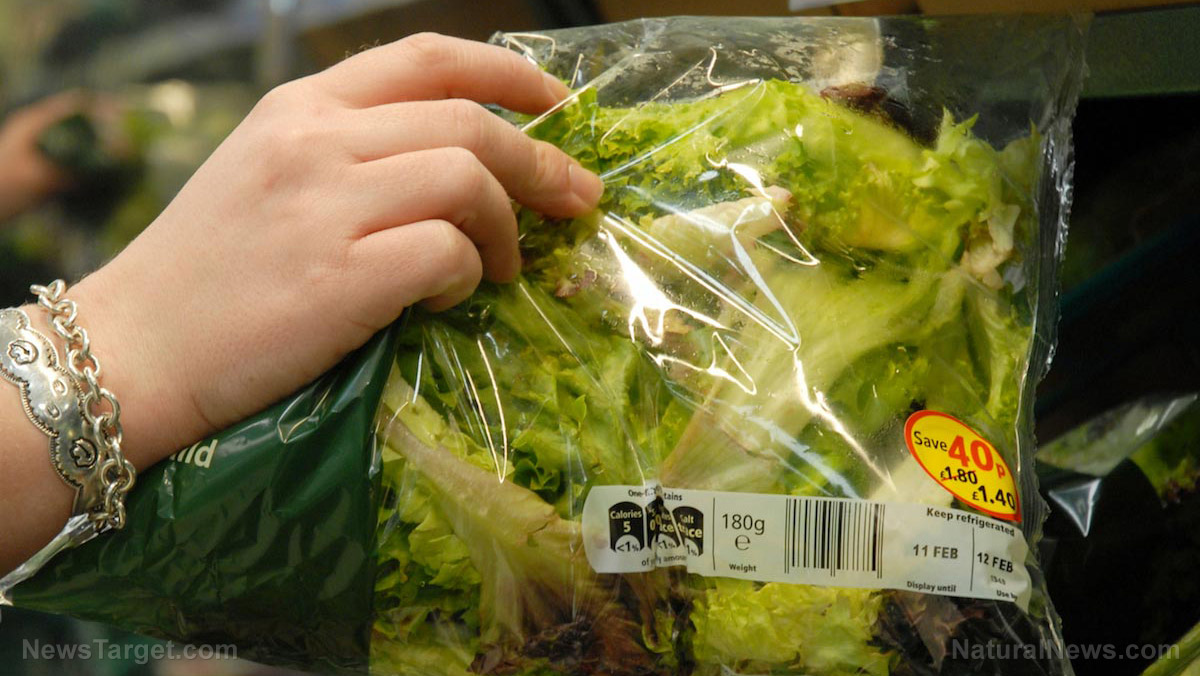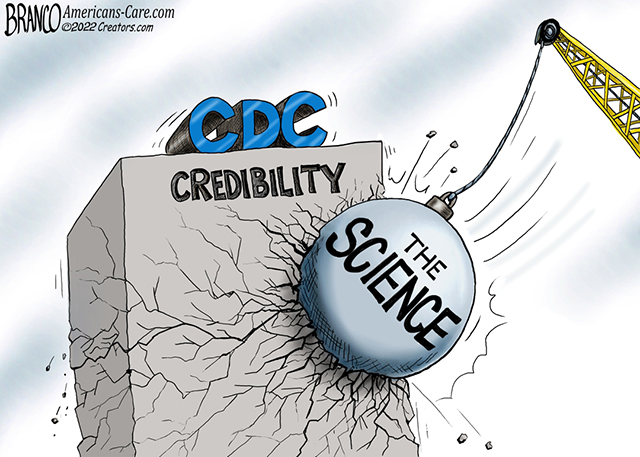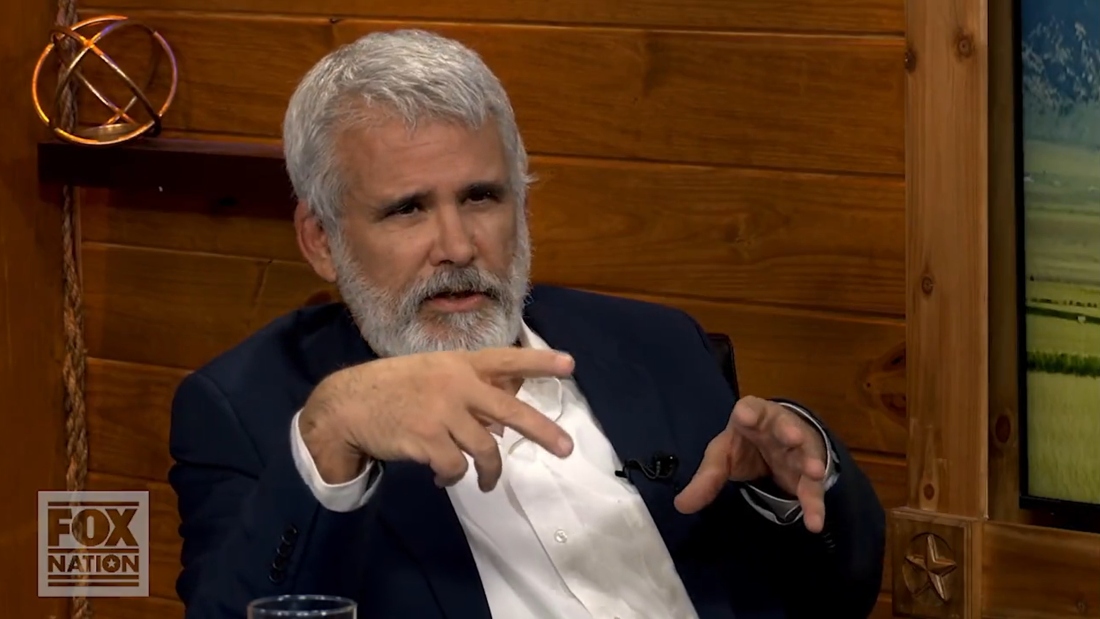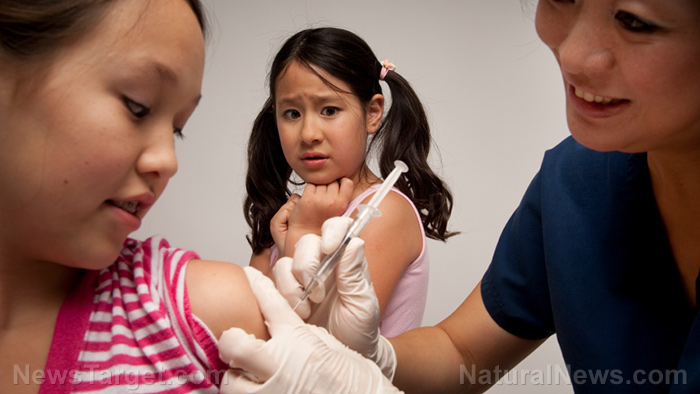How plastics are compromising the health of children
06/05/2019 / By Cassie B.

Parents have a seemingly endless to-do list, and modern conveniences can save a lot of time and hassle. While it’s easy to see the upsides of plastic goods – with their low prices, wide availability, and nearly indestructible nature – all this plastic exposure is compromising our children’s health.
Plastic is everywhere, and you’re exposed even when you think you’re avoiding it. For example, the third most widely used plastic, polyvinyl chloride, or PVC, has made its way into the dust in the air we breathe. We are also being bombarded with it through the water and food we ingest and even through our skin by touch. This is undoubtedly bad for our health, but it’s particularly dangerous for children.
A child’s early environment has a big influence on how their body’s systems develop, including their metabolism, heart rate, sleep-wake cycle, and other self-regulatory systems. Should their brains be exposed to toxins early on, it can impact them throughout their entire lifetime. That’s why it’s important to look out for chemicals like the PVC in plastic.
Many babies begin their exposure to plastic with teethers and toys. Infants love to put objects in their mouths – and this behavior is even encouraged in the case of teethers – and PVC can leach right out of these objects and enter their bloodstream. Once it makes its way inside their bodies, it can change their neurobiological development in negative ways, affecting their growth and sex hormones as well as hormones related to satiety and appetite, which can spur obesity.
The danger doesn’t end once kids are old enough to know not to place objects in their mouth. The chemical is also found in school supplies such as backpacks and binders.

Plastic toxin exposure can also lead to allergies and asthma. For example, phthalates can seep out of toys made of plastic and make their way into water, dust, food and soil. From there, the chemicals can get into the body’s airways and cause the irritation that leads to asthma and allergic reactions.
Another plastic to look out for is Bisphenol-A, or BPA, a flexible plastic commonly used in plastic bottles and toys. Although the FDA has banned the use of BPA in infant cups and baby bottles in the U.S. in recent years, it’s still difficult to avoid exposure as it’s everywhere from the epoxy resins lining canned food to supermarket receipts. Handling or ingesting it allows it to pass into your system easily, so it should come as no surprise that 80 percent of teenagers have BPA in their systems.
It is a known endocrine disruptor that can impact kidney and liver function as well as mammary gland development and male infertility. In infants, it has been linked to immune system and neurobehavioral abnormalities. In addition, continuous exposure has been linked to problems like a greater risk of insulin resistance and type 2 diabetes, coronary artery disease, and breast cancer.
What can we do about all this plastic?
Although it’s difficult to avoid exposure to the toxins in plastic entirely, there are some steps you can take to limit your exposure. First, you should also avoid reheating food in your microwave in plastic containers, which can speed the transfer of BPA into the food you eat. This is especially important when reheating food for children and babies.
Rather than giving your kids plastic toys, give them varieties made out of natural materials like wood. Avoid plastic teethers, and be vigilant about what your children put in their mouths.
Be sure to avoid processed and packaged foods – which is something you should be doing anyway from a health standpoint – to get away from the plasticizers in food packaging. Make sure the produce you buy is also unpackaged. Although this requires an extra effort, it’s one that could well spare your children a lifetime of health problems.
Sources for this article include:
Submit a correction >>
Tagged Under:
BPA, chemicals, child development, child health, disease causes, Endocrine disruptors, environment, microplastics, plastics, PVC, toxic ingredients, toxins
This article may contain statements that reflect the opinion of the author


















